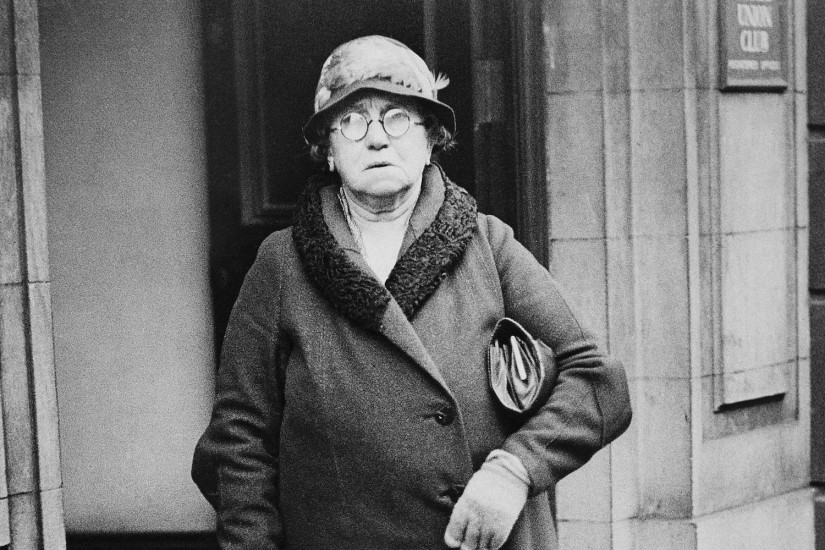At precisely the moment that the federal government assumed the task of excluding “undesirables,” a massive wave of immigration from the Russian empire began. The vast majority of these migrants were Jews fleeing pogroms as well as economic privation. Unlike the Chinese, these Russian-Jewish immigrants were welcomed by American immigration officials and acquired an important role in the national mythos.
As victims of tsarist oppression, they personified the struggle for freedom against tyranny. Furthermore, their willingness to accept low-paying work in sweatshops and factories testified to their potential for enriching the national economy. In 1882, the New York Times described newly arrived Russian Jews as unusually “intelligent, healthy, industrious.”
At first, the romance between America and Russian-Jewish immigrants was mutual. Positive reports about the political and economic opportunities that existed in America — reinforced by financial remittances sent back home — circulated in even the most isolated shtetls. Goldman herself, who arrived in 1885, was smitten with her adoptive homeland, which she described as a new “promised land” for Russian Jews. She first found work as a seamstress and eventually saved enough money to open an ice cream shop.
However, Goldman’s attitude soon soured when confronted by the harsh realities of immigrant life. She observed that immigrants toiled in squalid conditions no better than those they had fled in Russia, and she was appalled by the police brutality she witnessed at worker protests. Eventually, she began to frequent political meetings organized by German Marxist and anarchist emigres on New York’s Lower East Side. Other immigrants followed suit, and by the late 1880s, Russian-Jewish neighborhoods boasted a dense network of radical clubs, newspapers and organizations.
The growing popularity of revolutionary ideas among Russian-Jewish workers prompted concern from both local officials and national politicians. Police disrupted radical meetings, and in 1903 Congress passed new laws expanding its power to deport anarchists.
These coercive efforts only radicalized the immigrant critics of the state, however. Convicted of inciting a riot after an incendiary speech she delivered in 1893, Goldman described her subsequent experience behind bars as a “crucible.” She left prison more determined than ever “to fight for my ideals, against the whole world if need be.”
The confrontation between Russian-Jewish radicals and the American state intensified during the First World War. Many immigrant radicals became devoted pacifists — a position that verged on treason in the midst of the patriotic fervor that accompanied the war. In June 1917, Goldman and her sometime lover, the fellow Russian-Jewish anarchist Alexander Berkman, were arrested and imprisoned for anti-conscription activism.
